Meet Kristen Moore, Director of Programs at SafeHouse SF, an organization focused on supporting the often underserved and overlooked population of women, non-binary, and gender non-conforming people experiencing housing instability, sexual exploitation, and trafficking.
“Our philosophy is focused on breaking barriers to service so that everybody feels comfortable getting the assistance that they need and that we have policies that support this. It’s important that we build relationships within the community, have language support on-site, and walk the walk. Women often don’t have a place they feel safe going, and don’t know who to call if something bad happens…that has to change.”
Kristen has been working for SafeHouse for about nine years, initially in case management for the transitional housing program. When starting with SafeHouse she was also studying the anti-prison industrial complex and the treatment of women in the criminal justice system. She quickly saw an overlap in those being disproportionately punished for non-violent crimes, and those who were victims, experiencing interpersonal violence, and/or in dangerous relationships. It was clear to her that this was a population she was determined to help.
Since its founding in 1998, SafeHouse has served over 350 women and successfully created a healing space that addresses gender-specific trauma, homelessness, and substance abuse.
SafeHouse runs two main programs: the transitional living program and the Hope Center, a drop-in center in the Tenderloin at 255 Hyde Street. The center serves as a safe and calming space for women to go during the day, as well as a hub for support services, advocacy, and education.
The transitional housing program, which is run through a confidential location, serves ten women at a time, for up to 18 months. It includes on-site support, case management, group therapy, financial incentives, and a rental subsidy program. It’s goal is to get residents back on their feet—to feel empowered and supported as they pursue happiness, health, and independence.
SafeHouse also offers an emergency housing program, coordinating hotel placements for up to two weeks—giving people a safe place to stabilize while they explore options for more long term housing.
As far as being in the Tenderloin, Kristen welcomes the community connection that can be found here:
“There is a really organic community where people look out for each other, and do want to collaborate….both from a service provider or business perspective, but also just from a neighbor perspective. People are willing to come together and have real conversations. The Tenderloin doesn’t always get enough credit for the tight-knit community that’s already here.”
She feels like there are often solutions that the community knows that it wants and needs, however, it’s not always heard. “I would love to see more resources and tangible actions that would make the quality of life better for people living here, including the unhoused. There’s a pattern of the Tenderloin community fighting hard for what we need, being really vocal, but then there’s not always that reciprocity from the City to actually make the tangible changes. I’d love to see the City and other stakeholders really listening to that community input and being responsive.”
Two immediate examples that come to mind include the lack of resources that came to the Tenderloin as Covid19 first hit a critical point, including hygiene stations and safe shelter sites. And the neighborhood being overlooked as Slow Streets began popping up in other San Francisco neighborhoods.
Kristen advocates for more gender-responsive services, and further stresses that housing remains a racial justice issue. “About 80-85% of the people we serve are Black women. And in general, there’s less attention paid to the women in the Tenderloin because their situations are less visible. We already know that women experience homelessness in a different way, they can be in the hotels exchanging sex or drugs, or their utilizing connections to have safe shelter and leveraging relationships.”
“We have so many clients that live in the SROs or the supported housing sites in the Tenderloin, where they don’t feel safe leaving their rooms because of sexual harassment and sexual assault.”
“Right now, there are less than 100 anti-violence beds that are gender-specific for women or non-binary, gender non-conforming folks. And that’s not enough for the number of people who don’t feel safe in traditional shelters or co-ed living environments. I’m always pushing to expand those anti-violence beds, create more gender-specific floors in SROs, and having a response team that can work particularly around sexual assault and other related crimes, that are not the police.”
While positive results can often feel slow-moving, Kristen continues her advocacy work and it doesn’t hinder her ability to see the beauty that exists in the Tenderloin. Either while skating (she has a pair of blue suede skates); or walking through the neighborhood, looking at the murals, hearing an improv jam session, or seeing one of the many dogs in the Tenderloin…there are many moments of joy to be found here.
Find more TLTogether features here.

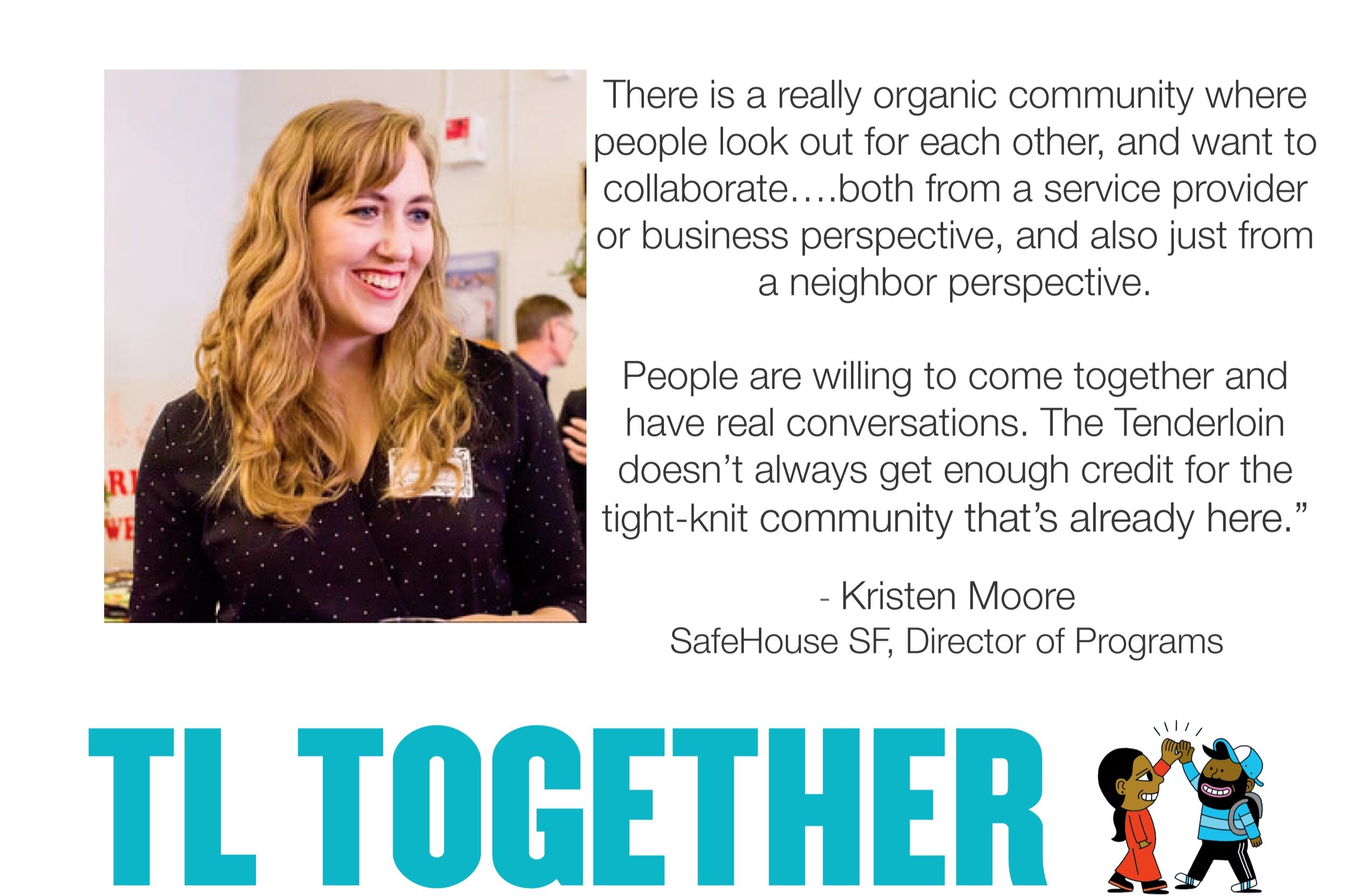
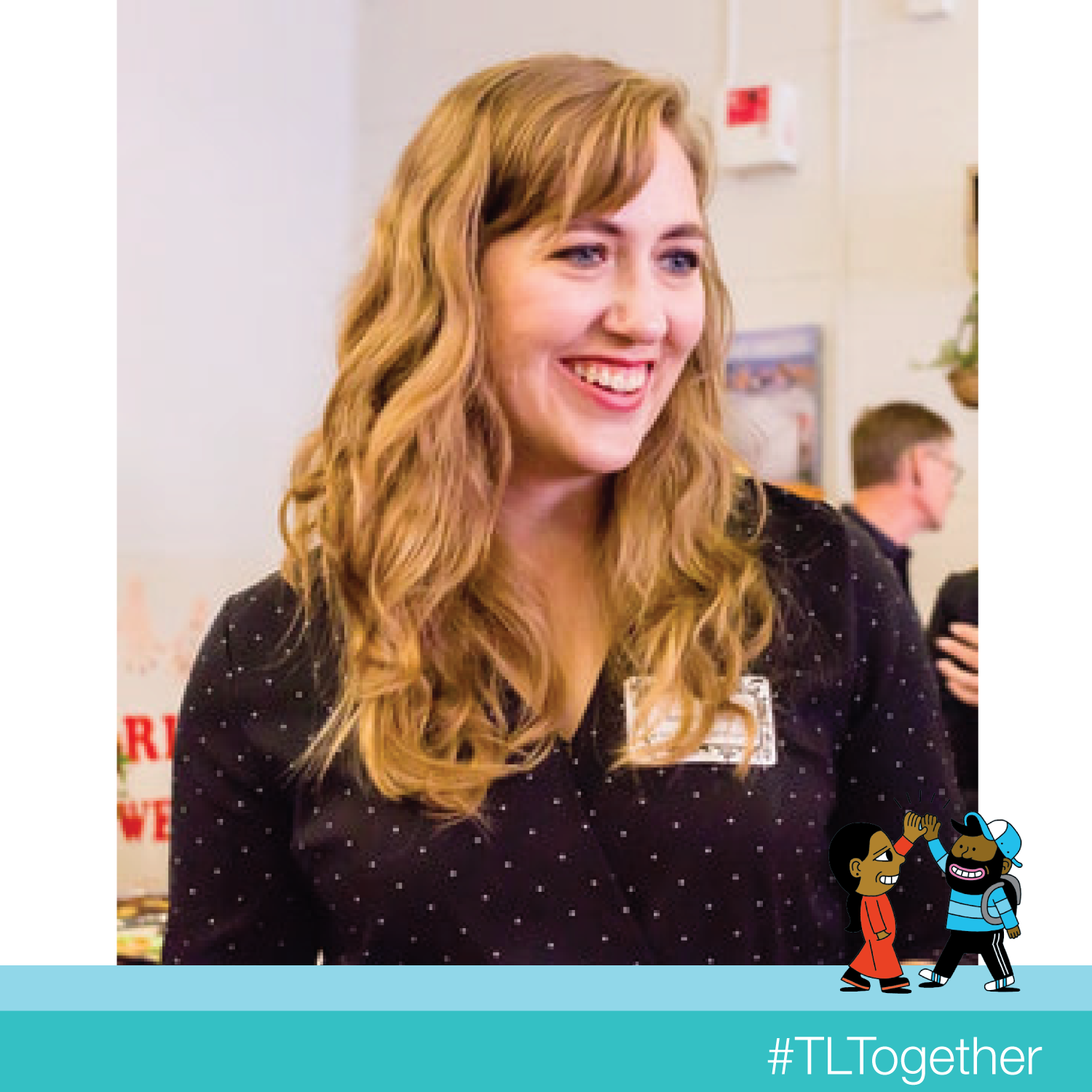
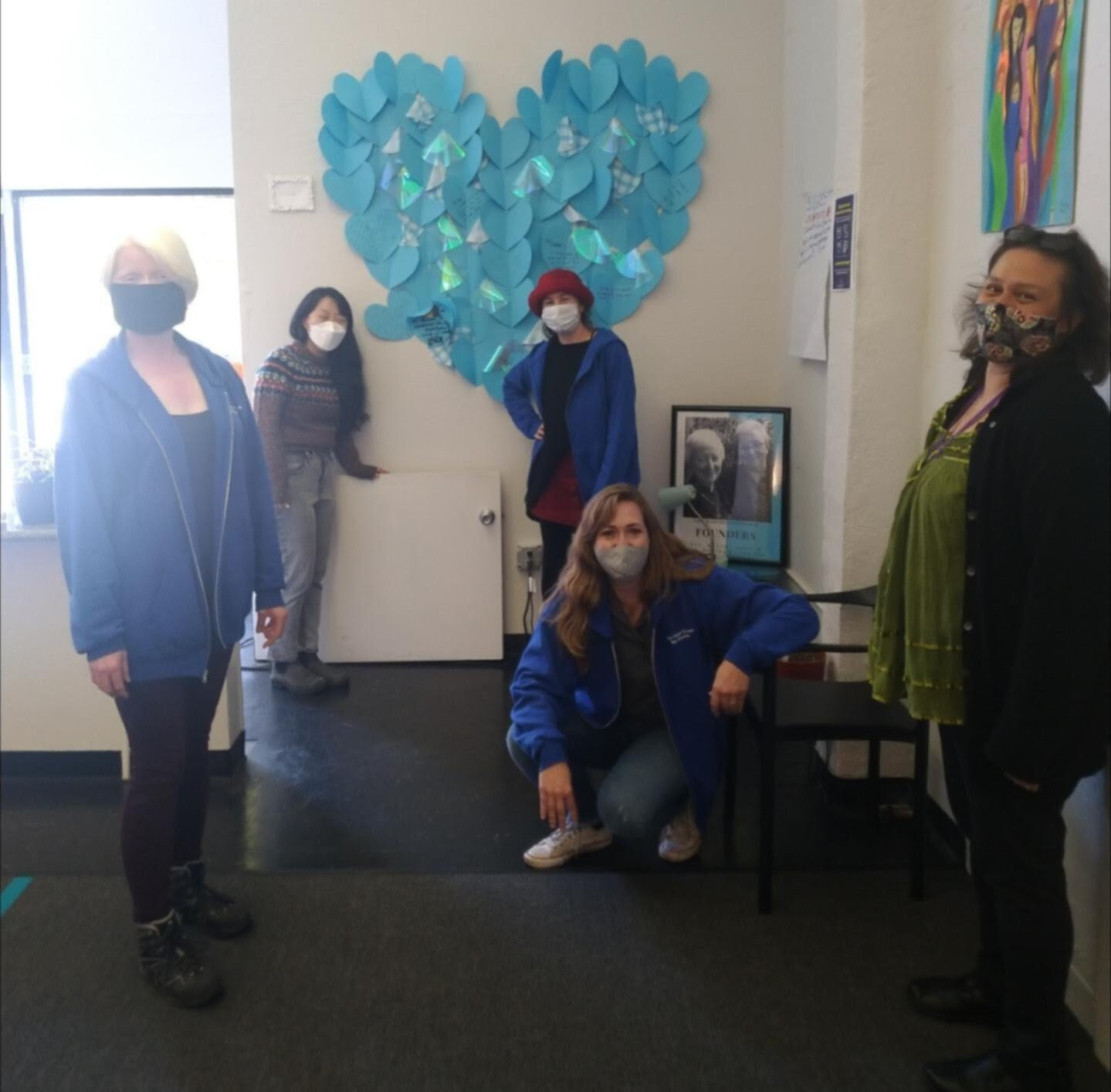

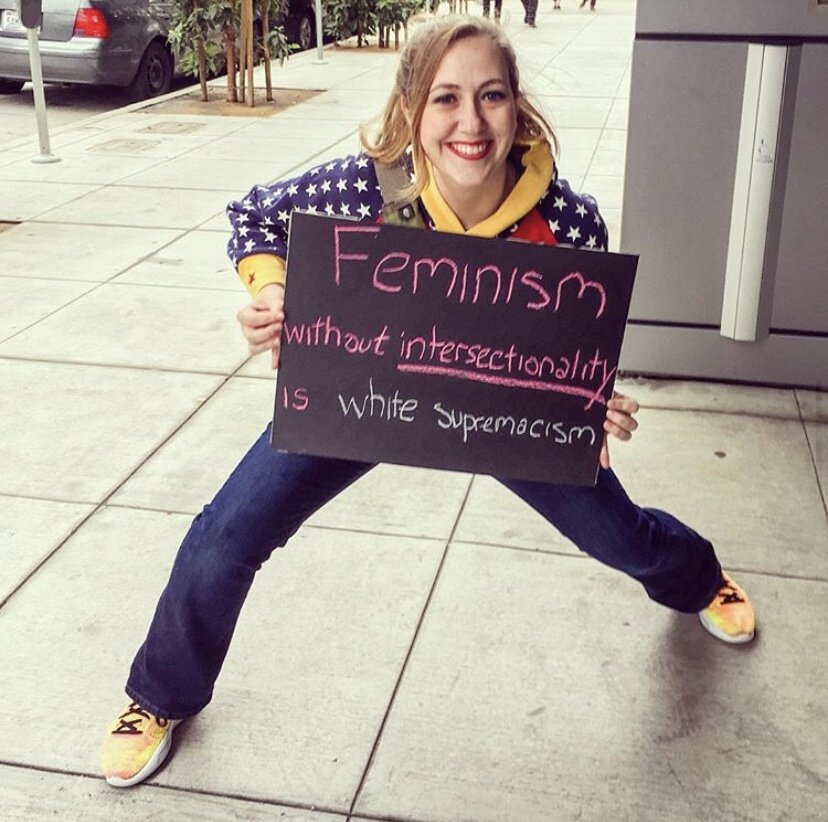

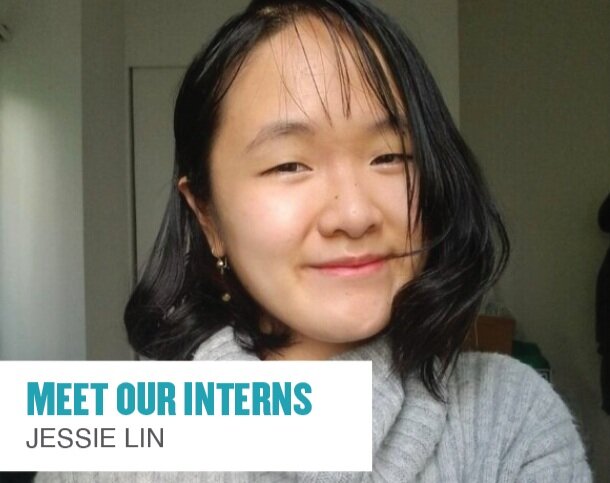
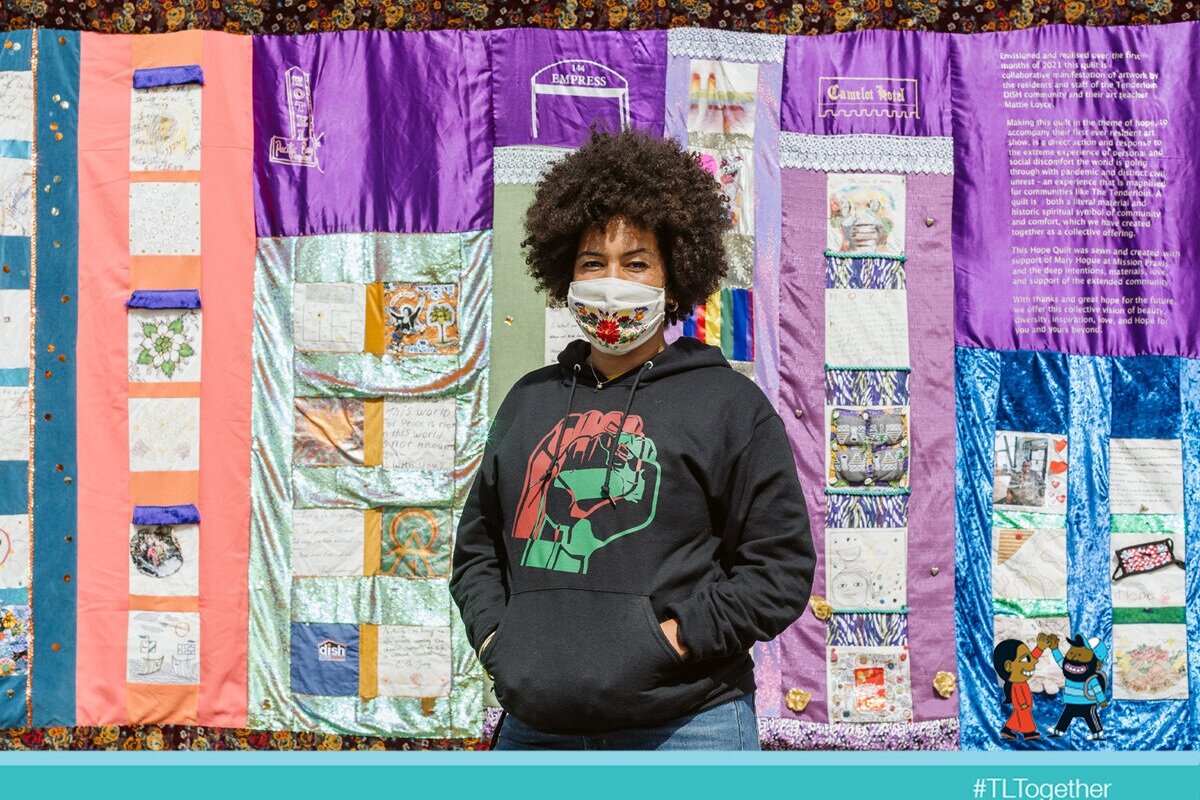
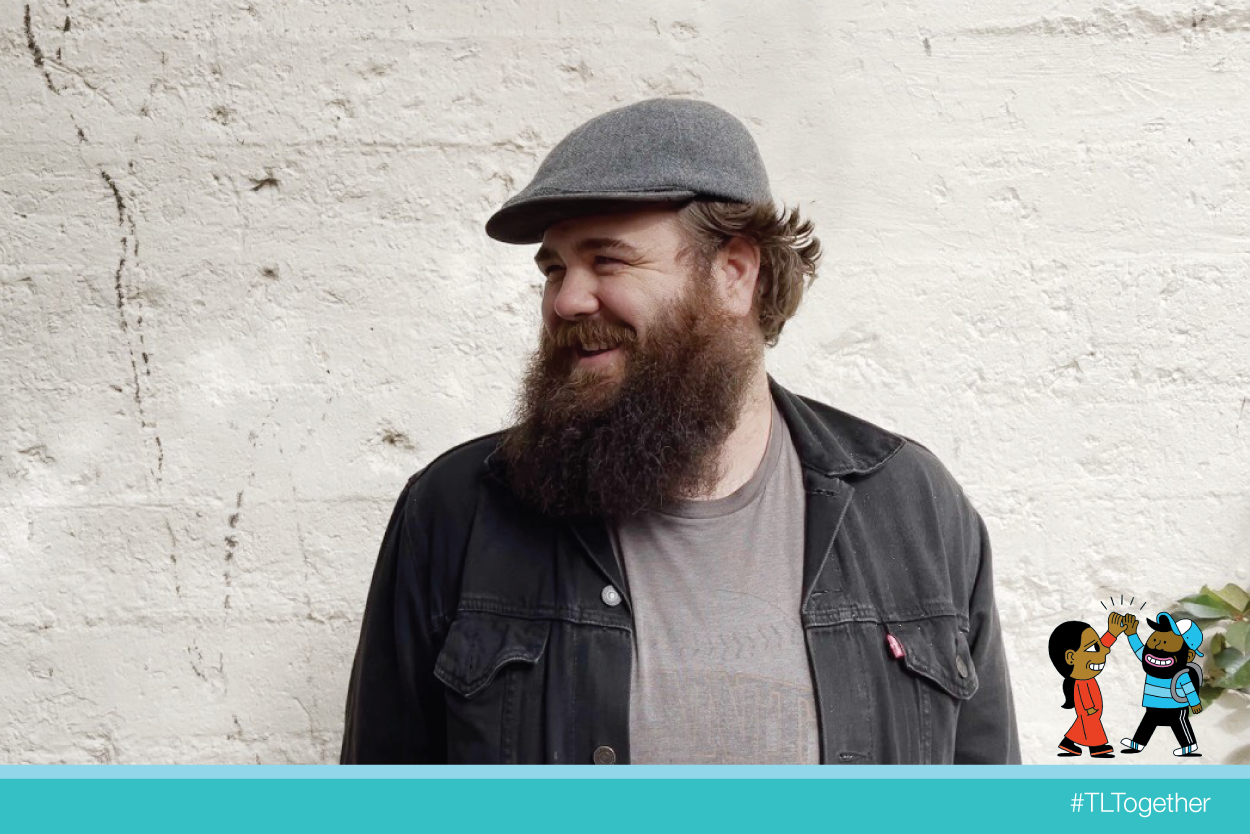
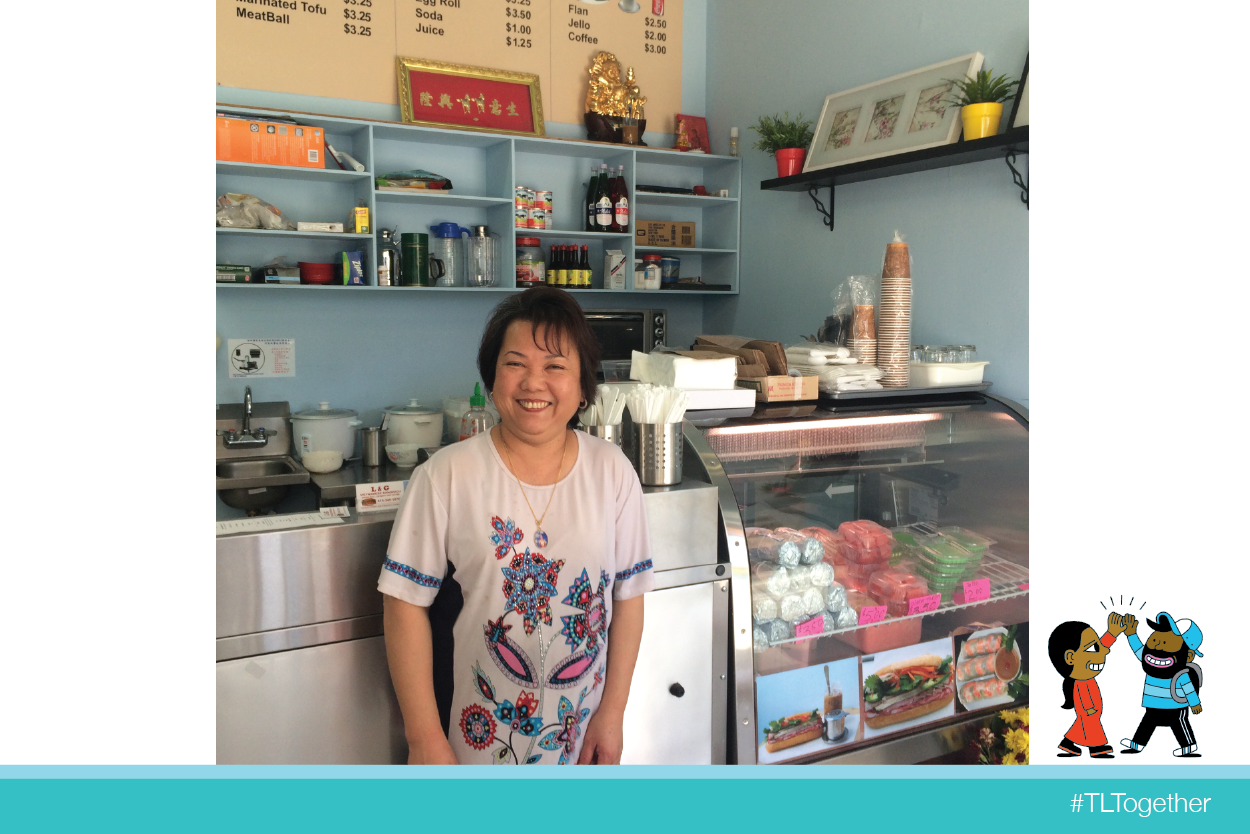
Comments are closed.